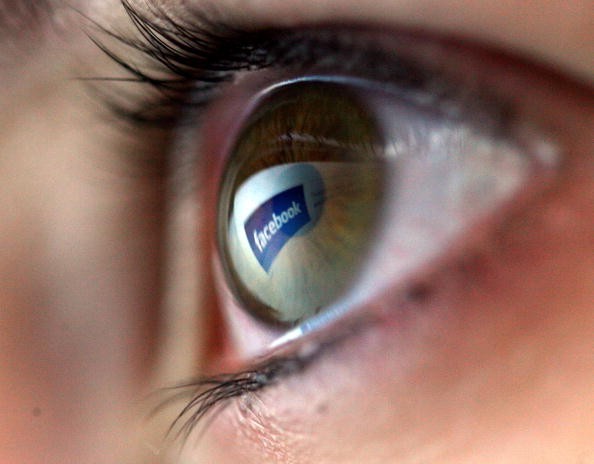A new study from the University of Pittsburgh School of Medicine shows that people who heavily use and spend most of their time in social media are more likely to suffer from depression compared to those who check less. The new findings could help clinical and public health interventions to tackle depression in the future.
This new research was the first large, nationally representative study to examine the connections between the use of social media outlets and depression, UPMC reported. The studies on the subject in the past have given mixed results due to the limitation of small or localized samples and only focused on one specific social media platform.
Brian A. Primack, the director of Pitt's Center for Research on Media, Technology and Health, has said to the publication that social media has become an integrated part of the human interaction. This has become the reason for clinicians handling teenagers and young adults to recognize the balance to be struck in encouraging potential positive use, while redirecting from problematic use.
In 2014, Dr. Primack and some colleagues tested 1,787 US adults with ages ranging from 19 through 32, using questionnaires to find out how much they used social media and an established depression assessment tool. The questionnaires asked about the 11 most popular social media platforms at that time like Facebook and Twitter.
The participants wrote that they used social media a total of 61 minutes per day and visited other social media platforms 30 times per week. The number of participants that were classified as having high indicators of depression was more than a quarter of the group.
The test yielded many results that could be useful in the future. For example, participants who spent most their time checking their social media throughout the week had 2.7 times the risk of depression. Those who spent most of their time on social media the entire day had 1.7 times the risk of depression.
Dr. Primack told The Independent that it is important to explain this test because this was a cross-sectional study. He added that one strong possibility is that people who were already having symptoms of depression started to use social media more and more because they do not feel engaged anymore in having many direct social relationships.
Watch the Facebook can lead to depression video below:



























